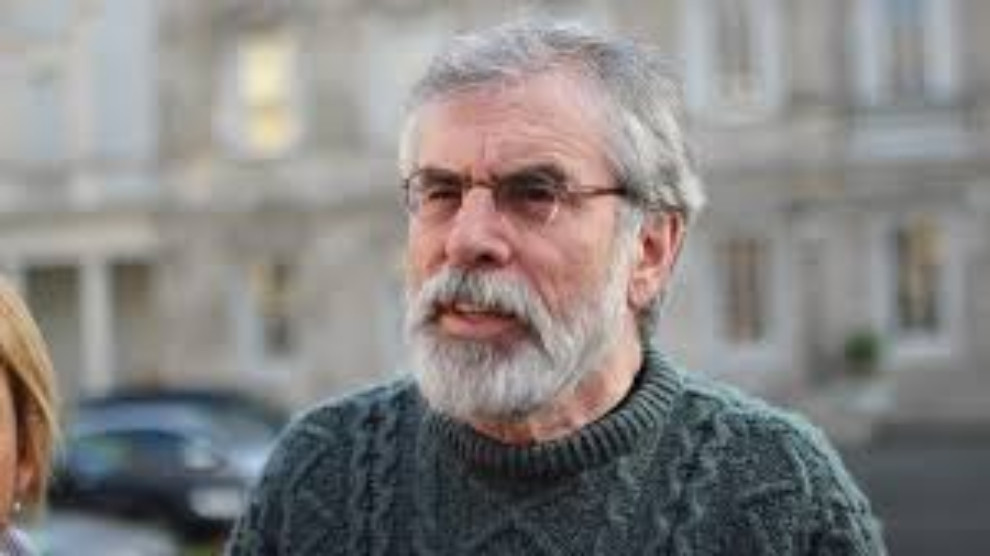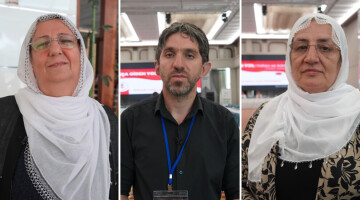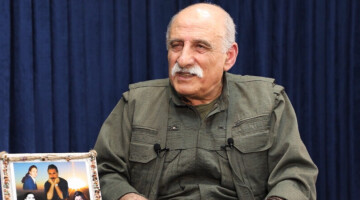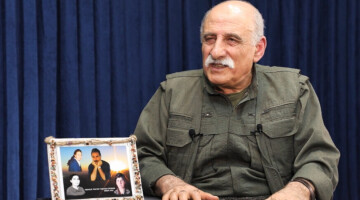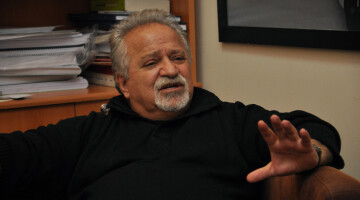The convictions against the former Sinn Fein leader for attempting to escape from the internment camps of Long Kesh in the 1970s were overturned when Britain’s highest court ruled his detention was unlawful.
Like many others, Mr Adams had been summarily interned without his case being “personally considered” by a senior government minister, a legal requirement for the process under the legislation.
Announcing the Supreme Court’s judgment at a remote hearing on Wednesday, Lord Kerr said the court had unanimously allowed Mr Adams’s appeal and had quashed his convictions.
The judge said Mr Adams’s detention was unlawful because it had not been “considered personally” by Mr Whitelaw.
Lord Kerr said: “The making of the ICO in respect of the appellant was invalid since the secretary of state had not himself considered it.
“In consequence, Mr Adams’ detention was unlawful, hence his convictions of attempting to escape from lawful custody were, likewise, unlawful.”
Lord Kerr added: “The appeal is therefore allowed and his convictions are quashed.”
Adams twice attempted to escape from the internment camp, in December 1973 and in July 1974, two offences for which he was found ‘guilty’ and sentenced to a total of four-and-a-half years in 1975. The convictions were later used to deny Mr Adams entry to the United States.
At a hearing in November, Mr Adams’s lawyers successfully argued that, because the ICO used to initially detain him in July 1973 was not authorised by the then British Direct Ruler Willie Whitelaw, his detention was unlawful and his convictions should be overturned.
In a statement after the ruling, Mr Adams welcomed the judgement, and said the knowledge of his unlawful detention had been known “at the most senior level of the British system”.
He called for the lawfulness of the internment of all of those held in the 1970s to be addressed.
Adams said "I want to commend and thank the Pat Finucane Centre which in October 2009 uncovered communications from July 1974. The then Director of Public Prosecutions had provided a memorandum to the British Attorney General that ‘I (and other detainees) held under orders which have not been signed by the Secretary of State himself may be unlawfully detained.’ This was prior to the institution of proceedings against me in March 1975 in respect of the December 1973 incident."
Adams added: "Subsequently, I understand that on 17 July 1974 this issue was discussed by the British Attorney General with the British Prime Minister Harold Wilson, so the knowledge of my unlawful detention was known at the most senior level of the British system. Of course internment, later described as detention by the British, was never lawful. In fact it set aside the normal principles of law and was based on a blunt and brutal piece of coercive legislation."
Adams continued: "I have no regrets about my imprisonment except for the time I was separated from my family. However, we were not on our own. It is believed that around two thousand men and women were interned during its four and a half years of operation. I consider my time in the Prison Ship Maidstone, in Belfast prison and in Long Kesh to have been in the company of many remarkable, resilient and inspiring people. Internment like all coercive measures failed. There is an onus on the British government to identify and inform other internees whose Internment may also have been unlawful."

